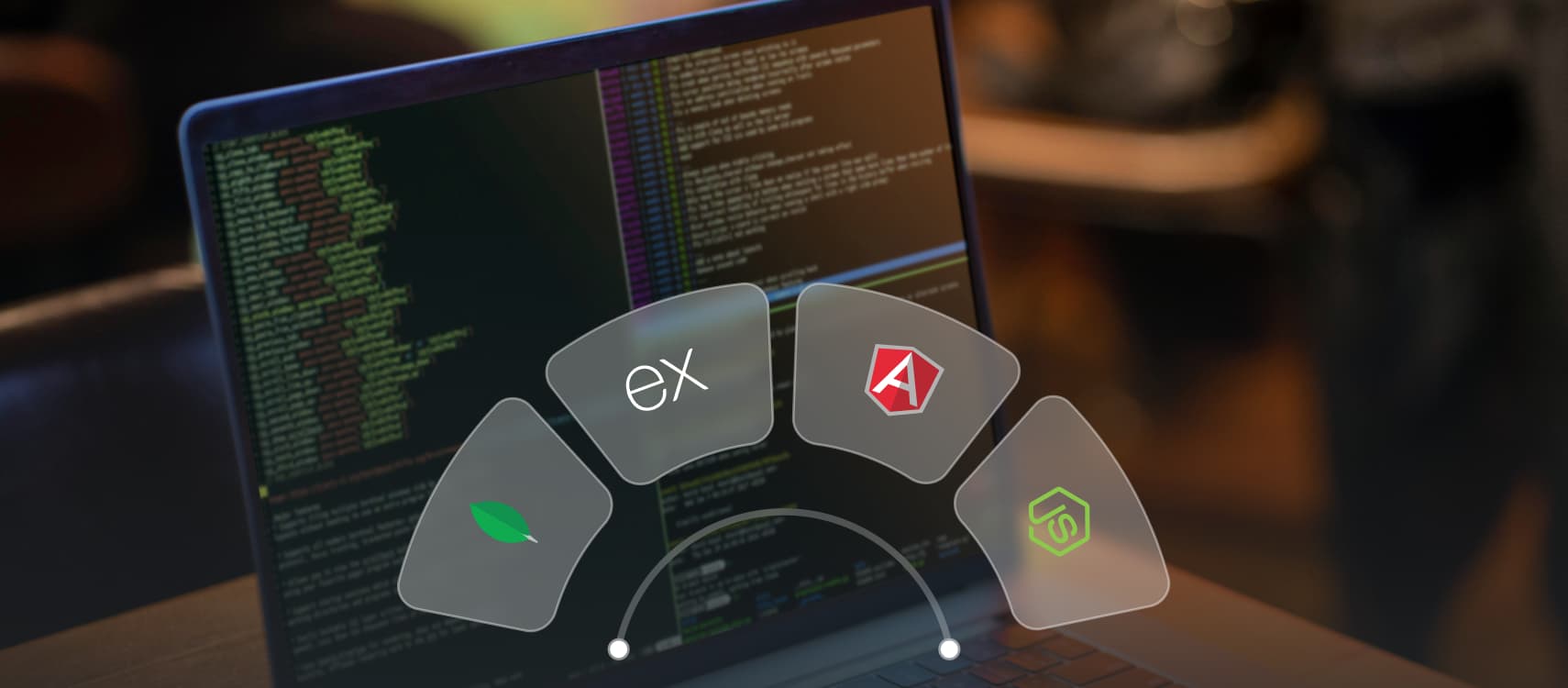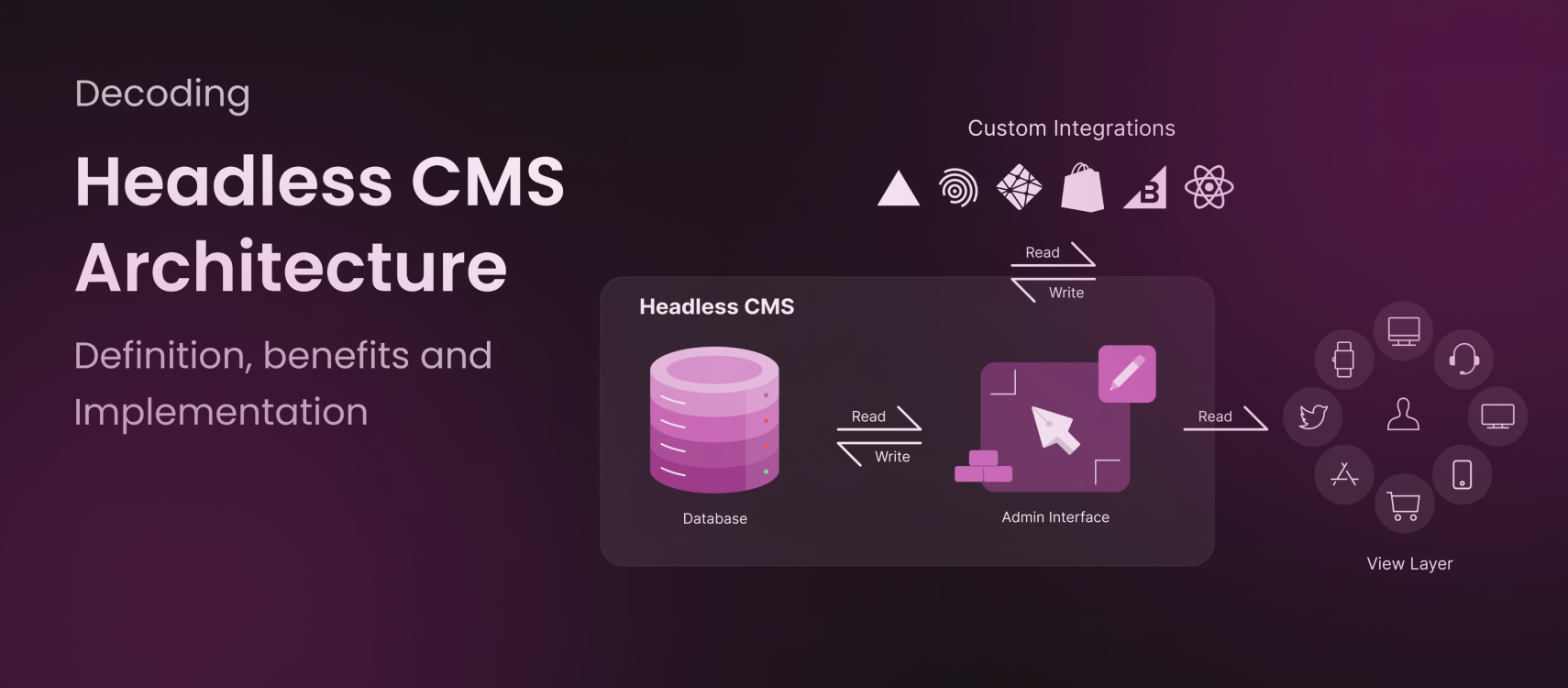Table of Contents
- What Is ElectronJS?
- Why the Hype of Electron.JS in 2025
- When to Choose Electron
- Final Thoughts
- Frequently Asked Questions
Toolbox for software development is continuously evolving. While some JavaScript frameworks dominated the development scene for years, some in recent times grabbed the attention of developers due to their varied range of capabilities and ability to address real-world functional challenges. One such framework is ElectronJS.
What is ElectronJS and how can it be leveraged across different projects? Let’s elaborate on this with some practical examples for a deeper understanding of its strengths,
What Is ElectronJS?
Instead of using different tools for different purposes, modern developers often prefer using a single comprehensive toolkit. This is what is true about ElectronJS. It is a robust toolkit used widely for building versatile and feature-rich desktop applications. The best thing is that the framework is open-source and allows leveraging well-known web technologies such as HTML, CSS, and JavaScript.
ElectronJS was created by GitHub way back in 2013. It was developed to empower their own Atom text editor. But as an open-source technology, it quickly rose to prominence and, since then, has been used in a wide range of popular apps across niches.
ElectronJS utilizes two power-packed technologies, such as Chromium and NodeJS. While Chromium is the core technology used for shaping the user interface of Google Chrome, NodeJS development as the backend technology allows you to run server-side code. This combination gives ElectronJS the flair and capacity of a complete development stack that can be leveraged to build web apps with a native look and feel.
Why ElectronJS Deserves So Much Interest in 2025?
ElectronJS in terms of traction in the web development scene, is getting all the focus. From its awesome versatility to ease of leveraging it across multiple platforms, from robust tooling support to the native experience, ElectronJS stands out as a top choice for many reasons.
Build Once & Run Everywhere
ElectronJS has the robust cross-platform capability to develop a single web app that can run smoothly across multiple desktop platforms with a consistent and native look and feel. One app built with ElectronJS can run like a native app across Windows, macOS, and Linux.
When Do You Want to Build for Multiple Desktop OS?
This “build once and run everywhere” principle helps save a huge time and cost for any project. If you want to quickly build and unleash a web app for multiple desktop platforms without going through the pain of maintaining several platform-specific codebases, this framework easily becomes the choice.
Tried and Tested Web Technologies
The vast majority of developer resources in the market are versed with tried and tested web technologies like HTML, CSS, and JavaScript. Naturally, ElectronJS built with these languages does not come with any steeper learning curve.
To master ElectronJS for your web development project, you can do away with the need to learn Swift for macOS or C# for Windows. On top of that, developer,s while using ElectronJS, can simultaneously use React, Angular, or Vue.js to develop their app UI.
Robust Community & Tooling Support
ElectronJS is backed by a robust community of web developers who are extremely active and frequent contributors to the tooling ecosystem. ElectronJS developers frequently contribute plugins, tools, and libraries to enrich the ecosystem.
For example, when you need an off-the-shelf UI component, you can find it in the component library of the framework. Do you want to integrate a particular third-party API? There is a high chance that the same is already available in the community.
Ease of Leveraging Native UI Capabilities
In stark contrast to traditional web technologies, ElectronJS goes a few extra miles to access and incorporate native operating system features and capabilities. By using ElectronJS, you can use the platform’s file system, notifications, and also hardware APIs.
The deeper access to features of every desktop operating system and hardware allows ElectronJS to deliver more powerful and native-feeling apps. For example, the well-known Discord app that uses ElectronJS leverages platform-specific native features for high quality voice and video calls, document collaboration with screen sharing, and many others.
Still Not Convinced? Watch the Leaders
Are you still not convinced about the awesome capabilities of ElectronJS? Well, many leading apps across niches are built using ElectronJS, and they showcase its powerful features and strengths. Some of the top web apps that use ElectronJS include Trello, Slack, Figma, and Microsoft Teams. These apps easily showcase some of the most complex and performance-demanding use cases where ElectronJS proved to be a good fit.
When Should Web Developers Use ElectronJS?
Despite such lofty and praiseworthy attributes, ElectronJS has its shortcomings too. Most importantly, it may not be a good fit for every web development project.
Let’s explain below some of the befitting use case scenarios of ElectronJS:
If your goal is to build an app that works on Windows, macOS, and Linux without rewriting code for each platform, ElectronJS is automatically the best choice. Thanks to its development speed, efficiency, and low learning curve it is highly cost-efficient for desktop app projects of both startups and large enterprises.
In-house Resources with HTML, CSS, and JavaScript Skills
If you have an in-house development team equipped with web development skills around HTML, CSS, and JavaScript languages, ElectronJS can be the right fit for you. With these skills in their kitty, developers can do away with the learning curve associated with the ElectronJS framework.
Building an App With a Lot of Native Features
In any mobile app development project where you need to utilize a lot of native operating system features, ElectronJS can be the ideal fit. The framework is well-known for its capabilities to leverage native system features like notifications, file management, and hardware API integration.
When You Need to Create a Prototype Quickly
Whenever you need to create a quick prototype or MVP (Minimum Viable Product), this framework can save you time by using reusable components. It also provides a robust library, plugins, and integration support to build and release your MVP quickly.
Final Thoughts
ElectronJS comes as the most complete desktop app development framework with everything you need to ensure a platform-specific look and feel. Since desktop apps tend to rely more on cross-platform development with a native experience, the popularity of ElectronJS is likely to grow in the years to come.







![What Is ElectronJS: When Should You Use It? [Key Insights for 2025]](https://www.encodedots.com/blog/wp-content/uploads/2025/02/103-what-is-electron-js-cross-platform.png)


